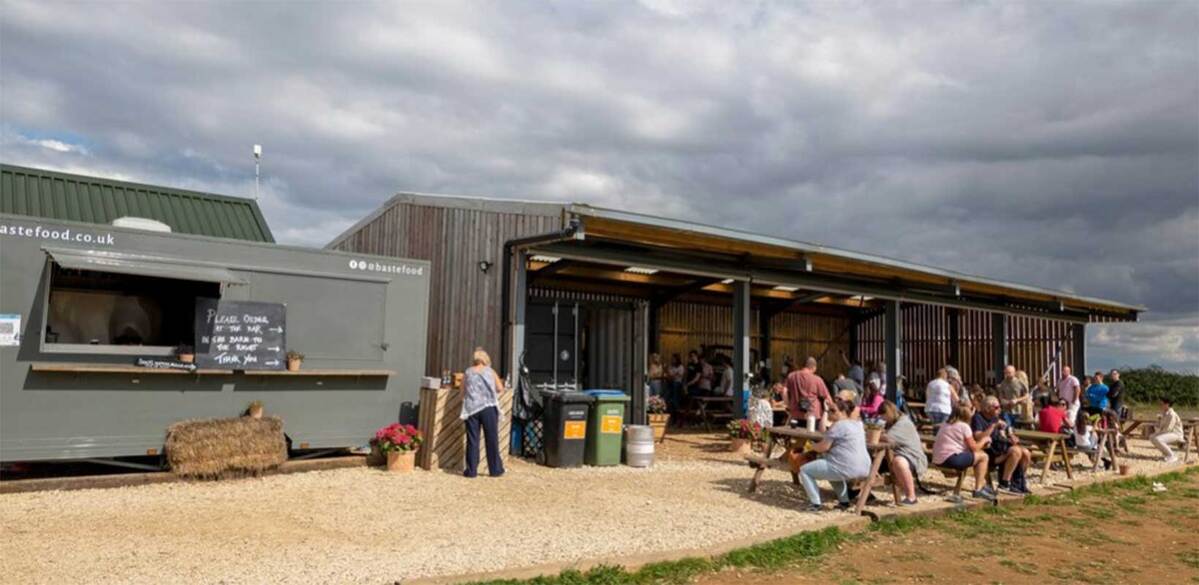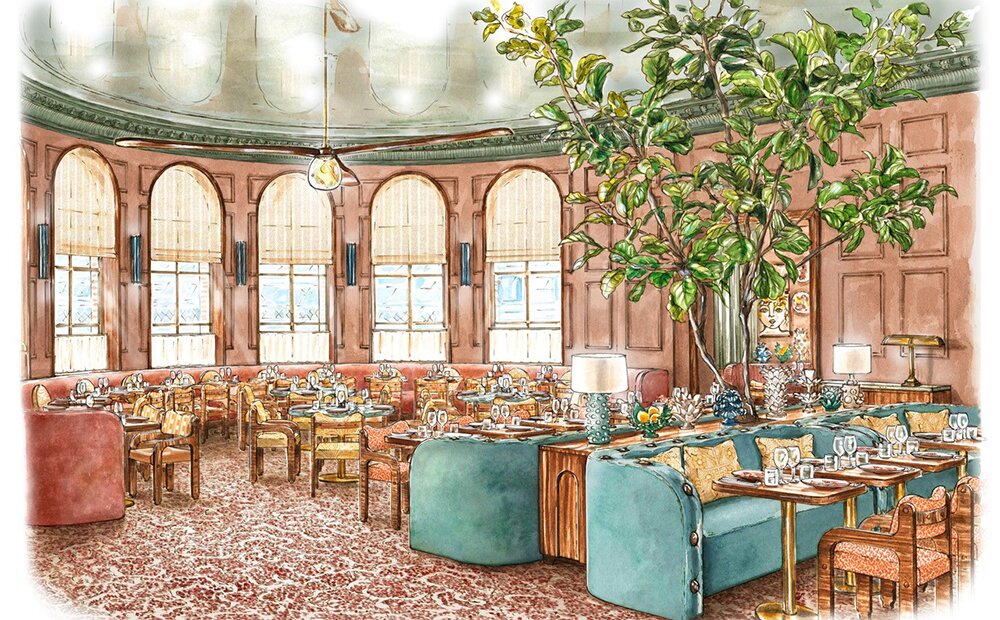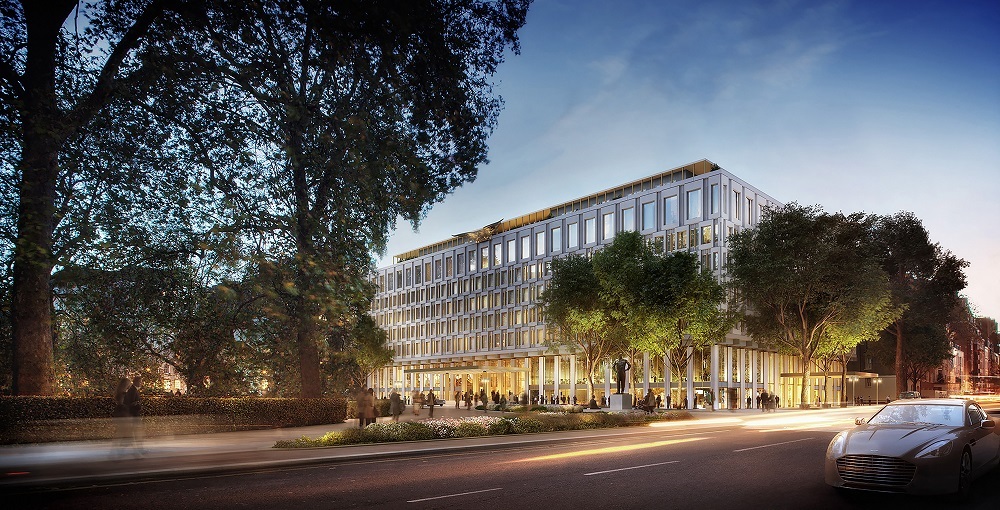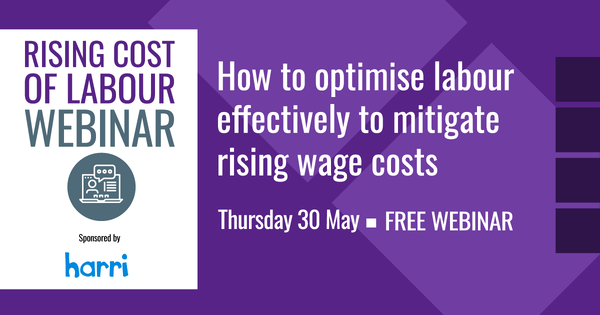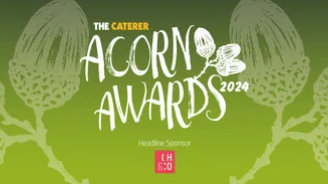Working in Europe part 2
Hungary and Poland
Newcomers to the European Union in 2004, these former Eastern Bloc countries are probably more likely to send workers to Britain than the other way around. However, Western hotel companies have established businesses here so there's always the possibility you could end up in the glorious old city of Budapest, or exploring Warsaw. Tourism is on the increase in Warsaw, and hiking and skiing aficionados are now venturing into the southern Carpathian mountain regions.
General facts
Official name: Republic of Hungary
Population: 10,164,000
Capital: Budapest (population: 1.77 million)
Languages: Hungarian (official)
Currency: forint
Religions: Christian (Catholic, Protestant), others
Land area: 92,340 sq km (35,652 sq miles)
Where to find out more: Hungary tourism: www.gotohungary.com
Budapest website: www.budapestinfo.hu/en/
www.search4.hu
www.expatshungary.com â" a one-stop site for anyone moving to or living in Hungary
www.expats.tv â" for expatriates living in or relocating to Poland, Hungary or the Czech Republicm to find jobs, accommodation, information and community.
General facts
Poland
Official name: Republic of Poland
Population: 38,576,000
Capital: Warsaw (population: 1.6 million)
Languages: Polish (official)
Currency: zloty
Religions: Catholic Christian, others
Land area: 304,460 sq km (117,552 sq miles)
Climate: temperate conditions with cold, moderately severe winters, with frequent precipitation. Summers are mild, with frequent showers and thundershowers.
Where to find out more
General facts: www.cia.gov/cia/publications/factbook/geos/pl.html
Tourism: www.poland.pl/info/travel_poland.htm
Regions and cities: www.pl-info.net/en/explore/map.shtml
National parks: www.mos.gov.pl/kzpn/ind_gb.htm
Scandinavia
Denmark, Norway, Sweden
Denmark and Sweden are in the European Union, but Norway is not. However, the country is part of the European Economic Area and EU nationals can work in Norway without securing a work visa. Norway also allows EU nationals to spend as long as three months in the country looking for work, provided they are financially self-sufficient.
So if you fancy some time in the lands of the Midnight Sun, take a look at Scandinavia â" there is a wide diversity of hospitality businesses, from the very cold Ice Hotel that is created annually in the north of Sweden to the original Legoland in Denmark.
Denmark consists of more than 400 islands, mostly connected by bridges and ferries. This is a good place if youâre afraid of heights, as most of the country is no more than 300m above sea level. Copenhagen is one of the popular tourist draws, with wonderful museums, nightlife and shopping.
General facts
Official name: Kingdom of Denmark
Capital: Copenhagen (population: 1.1 million)
Languages: Danish
Currency: Danish krone
Population: 5,387,000 (2003 estimate)
Religions: Evangelical Lutheran, others
Land area: 43,070 sq km (16,629 sq miles)
Climate: its location on the North Sea means there are many cloudy days, but winters are mild and windy, and summers warm, but with significant rainfall.
Where to find out more
www.foreignhelp.dk â" a good site for expatriates living in or moving to Denmark.
Sweden
Sweden is the largest of the Scandinavian countries, both in land size and in population. It has an exceptionally high standard of living and is known for its social programmes, particularly with regards to womenâs rights. The auto, timber, mining and offshore fishing industries are all important, but tourism is growing. From attracting those interested in outdoor winter sports to visitors who want to explore the sophisticated city of Stockholm, Sweden offers tourists plenty to do.
General facts
Official name: Kingdom of Sweden
Capital city: Stockholm (population: 1.6 million)
Languages: Swedish (official)
Currency: Swedish kroner
Population: 8,878,000 (2003 estimate)
Religions: Evangelical Lutheran, others
Land area: 411,620sq km (158,926sq miles)
Climate: winters in Sweden are mild and wet in the southwest, while in the central and eastern regions (along the Baltic), winters are colder with less rain. Summers are generally warm in the central and south. Near and above the Arctic Circle, winters are snowy and cold, summers cool.
Where to find out more General facts: www.cia.gov/cia/publications/factbook/geos/sw.html
Tourism in Sweden: www.visit-sweden.com/gb/frontpage.asp
Information on Sweden: www.sverigeturism.se/smorgasbord/toc.html
A short quiz on all things Swedish: www.sverigeturism.se/smorgasbord/smorgasbord/this-is-sweden/index.html
Work in Sweden: www.goinglobal.com/countries/sweden/sweden_work.asp
Norway
This is a beautiful, if sometimes isolated, place to live and work. The fjordland of the west coast is stunning, and tourism follows North Sea oil production as the countryâs major industry. Oslo, the oldest Scandianavian capital, is a must-see for most tourists. Towns on the west coast, such as Stavanger and Bergen, mostly focus on the North Sea oil businesses.
General facts
Official name: Kingdom of Norway
Population: 4,551,000
Capital city: Oslo (population: 791,500)
Languages: Norwegian (official)
Currency: Norwegian krone
Religions: Evangelical Lutheran, others
Land area: 306,830 sq km (118,467 sq miles)
Landforms: Norwayâs coastline is 1,500 miles long and includes more than 45,000 islands, with the Lofotens the largest group. In the north, Norway has icefields reaching into the Arctic Circle.
Climate: The west coast offers mild and rainy winters with wet summers. Above the Arctic Circle, winters are very cold and summers cool. The eastern and southern parts of Norway have warmer summers and colder winters, with less rain.
Where to find out more Official site: www.norway.org
Tourism: www.visitnorway.com
General information: www.cia.gov/cia/publications/factbook/geos/no.html
Working visa information: www.norway.org.uk/policy/work/work.htm
Belgium and The Netherlands
Should you opt for working in the Lowlands, as The Netherlands and Belgium are sometimes called, some fluency in French and Dutch would be fairly high up on most recruitersâ list of necessary qualifications. Chefs should consider spending some time in Belgium, particularly in Brussels, which is known for its gourmet food â" and, as most of the city is on an expense account, itâs expensive gourmet food at that! Chocaholics should also head straight to Belgium as it is famous for its high-quality chocolate production. The Netherlands offers great cycling country and beautiful springtimes replete with tulips, which attract hordes of tourists every year.
General facts
Official name: Kingdom of Belgium
Capital city: Brussels (population: 1.75 million)
Languages: Dutch, French, German
Currency: Euro
Population: 10,339,000
Religions: Christian (Catholic, Protestant)
Land area: 32,820sq km (12,672sq miles)
Climate: Clouds and rain are the norm along the coastal areas. Inland, summers are mild, cloudy and cool, with mild foggy winters. It is colder in the Ardennes region to the east.
Where to find out more Tourism:Â Â www.visitbelgium.com/
General facts: www.cia.gov/cia/publications/factbook/geos/be.html
For expatriates, mostly living in Brussels: www.expats.com/
The Netherlands
General facts
Official name: Kingdom of The Netherlands
Capital city: Amsterdam (population: 738,000)
Languages: Dutch (official), although Frisian is spoken in Friesland and a local dialect is used in the Limburg province.
Currency: Euro
Population: 16,258,000 (2003 estimate)
Religions: Christian (Catholic, Protestant), others
Land area: 33,920sq km (13,097sq miles)
Climate: Like Belgium, the marine climate produces cool summers and mild, wet winters.
Where to find out more General facts: www.cia.gov/cia/publications/factbook/geos/nl.html
Tourism: www.visitholland.com/
www.xpat.nl â" order the Holland Handbook through this site for all you need to know about living in The Netherlands.
Czech Republic
One of the first former Eastern European countries to re-establish its independence (in 1993), the Czech Republic has opened itself up for tourism, particularly in its beautiful capital city of Prague. A work permit would be needed to work here, however.
General facts
Official name: Czech Republic
Population: 10,290,000
Capital city: Prague (population: 1.7 million)
Languages: Czech (official), Slovic
Currency: koruna
Religions: Catholic Christian, others
Land area: 78,864sq km (30,449sq miles). Note: the Czech Republic is landlocked in the center of Europe â" itâs about the size of the US state of Texas.
Climate: warm summers with cold, snow-laden winters.
Where to find out more General facts: www.cia.gov/cia/publications/factbook/geos/ez.html
Tourism: www.czech.cz/index.php?section=1&menu=21
Work permit information: www.jobpilot.cz/content/work_in_czech/index1.html
Directory for the expatriate community and English speakers in the Czech Republic: www.expatriates.cz
Outside the EU
Switzerland
Switzerland has long been regarded as having some of the best hospitality schools in the world. But remaining in the country afterwards to work has not always been straightforward. As it is a neutral country outside of the EU, it has been necessary to apply for work permits, and certain restrictions are applied.
However, from 1 June 2004, Switzerland eliminated its priority treatment for Swiss nationals, and abolished controls of wage and working conditions for nationals of the 15 âoldâ EU member states. Now, all that is required for a UK worker is that they can prove that a Swiss employer is willing to employ them, and they must obtain one of Switzerlandâs annual quota of work permits, which are being applied until 2007.
General facts
Official name: Swiss Confederation
Capital city: Bern
Languages: German, French, Italian, Romansch
Currency: Swiss franc
Religions: Christian (Catholic, Protestant), others
Population: 7,318,000
Land area: 39,770sq km (15,355sq miles). Note: Mountains cover 60% of the land area of Switzerland, with the Alps in the south and the Jura mountains in the north.
Climate: This depends on the altitude, with cold, snowy winters higher up and sometimes humid summers.
Where to find to more
General facts: www.cia.gov/cia/publications/factbook/geos/sz.html
Tourism: www.switzerlandtourism.ch/
Information on free movement to Switzerland for EU nationals: www.eda.admin.ch/london_emb/e/home/agreement.html
For anyone relocating to or living in Switzerland: www.xpatxchange.ch
Â
| [Catererglobal.com](eu.decdna.net/n/5629/12776/www.catererglobal.com/d3dc23cc0025030000001fa400000 0000c20a41f0000000000000000000000000000000100/i/c?0&pq= "CatererGlobal.com") Worldwide jobs in deluxe hotels, restaurants & cruise lines. |


